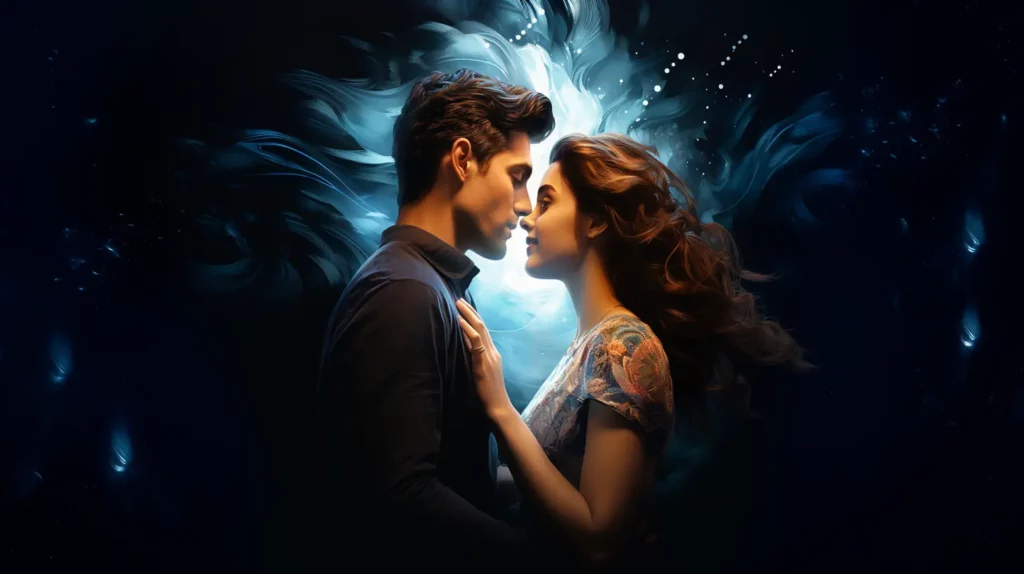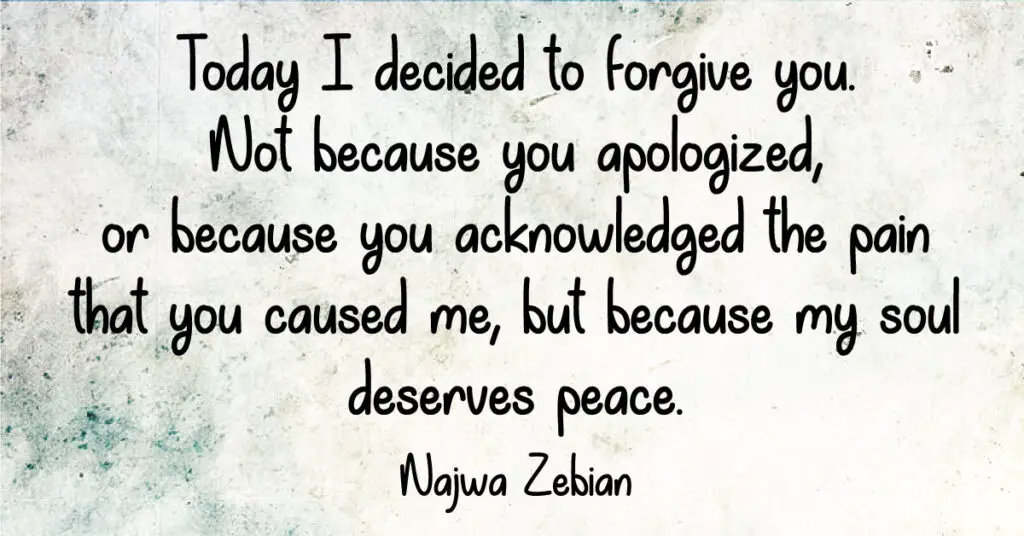Making the decision to enter into a relationship with an emotionally unavailable person can lead to regret and heartache. Unfortunately, it’s all too easy to fall for someone who is unavailable, as the telltale signs of emotional unavailability are often hidden beneath the surface. Even those with the sharpest perception and best judgment can find themselves making a life-altering choice that ends up hurting them – sometimes irreparably.
Those involved in a relationship with an emotionally unavailable partner often find themselves bewildered, especially when they genuinely feel a strong chemistry within the relationship. Eventually, they may even fall deeply in love, committing to the relationship with complete devotion and adoration. But it’s at this stage, when the stakes are high and emotions are invested, that the real pain can begin. If reciprocation of feelings never comes, it can cause deep hurt and leave lasting scars.
When we open our hearts to another person, we are sharing our deepest selves in the hope of receiving the same level of emotional investment in return. When we consistently fail to receive this in a relationship, it’s crucial that we recognize the signs of emotional unavailability. It’s important to note that while this article mainly addresses intimacy, the same dynamic can apply to friendships as well.
Here are 10 signs that you are in a relationship with an emotionally unavailable person
Minimal communication
If you’re in a relationship where your partner is difficult to communicate with or appears emotionally distant, it’s likely that they’re emotionally unavailable. This person may have difficulty expressing their emotions and feelings, making it challenging for you to connect with them on a deeper level. They may struggle with sharing their thoughts or concerns, leading you to feel like their emotions are not valued or acknowledged.
It can be frustrating and hurtful when your partner refuses to open up, leaving you feeling alone and unsupported in the relationship. It’s essential to recognize these red flags and address them with your partner, and if they are unwilling to work on their emotional unavailability, you may need to consider if this relationship is right for you.
Distance
When involved with an emotionally unavailable partner, one of the most apparent signs is a cold or distant demeanor. This person may seem disengaged, not fully present, or easily withdrawn. They may not enjoy cuddling, physical touch, or intimate conversations, and can even seem to be repelled by these functions of a relationship. An emotionally unavailable person may not respond well to affectionate gestures, leaving their partner feeling lonely and disconnected.
The lack of necessary physical affection can be a significant challenge in the relationship and can make the other partner feel as though their emotional need isn’t being met. It’s essential to be aware of this red flag and communicate with your partner about your desire for physical touch and intimacy in the relationship.
Lack of commitment
Emotional unavailability is often accompanied by a reluctance to commit fully to a relationship. This type of behavior causes tension and difficulty for the partner who is eager for a deeper connection than they are receiving. The emotionally unavailable partner may give mixed signals, expressing hesitancy about the relationship’s future or avoiding discussing the future altogether.
This can leave their partner feeling uncertain and doubtful, making it hard for them to invest fully in the relationship. It is important to communicate expectations early on, and if you are seeking a long-term commitment from an emotionally unavailable partner, it is essential to be aware of the red flags and communicate your needs and desires clearly.
Inability to share
Partners who are emotionally unavailable may find it difficult to express themselves, particularly when it comes to their thoughts, worries, and concerns. They may be unwilling or unable to share these things even when asked directly, leaving their partner feeling like they’re in a one-sided relationship. This inability to communicate openly can cause a breakdown in the relationship, leading the other partner to feel unimportant or undervalued.
It’s essential to recognize that emotional unavailability is a pattern of behavior that can impact every aspect of a relationship. Still, communication breakdowns are one of the most significant risks. Addressing these issues as they arise and working on ways to communicate effectively is vital for maintaining a healthy, meaningful relationship.
Difficulty with empathy
One of the tell-tale signs of emotional unavailability is an individual’s difficulty empathizing with their partner. They may struggle to understand their partner’s feelings or perspective, choosing to distance themselves instead of making an effort to connect. This can lead to a lack of understanding and support, leaving the other person feeling misunderstood and alone. An emotionally unavailable partner may appear to be aloof or indifferent, ignoring their partner’s emotional cues or being dismissive of their concerns.
Their lack of emotional availability can manifest in many ways, but it’s essential to recognize that it impacts the quality of the relationship, leaving the other partner feeling neglected and undervalued. It’s important for couples to communicate effectively and establish a mutual sense of understanding and support to build a lasting connection.
Frequent excuses
Emotionally unavailable people often resort to making excuses, justifications, or even gaslighting as a means of avoiding emotional closeness or engagement with their partner. They may be unable or unwilling to commit to a deeper relationship, using any opportunity to distance themselves or create tense interactions, either intentionally or unintentionally. The use of excuses, justifications, or gaslighting can make the partner hesitant to share their feelings or desires, further weakening the relationship.
Communication is essential for building trust and understanding in a relationship, and being emotionally unavailable can lead to a breakdown in communication, causing irreparable damage to the relationship. It is critical for emotionally unavailable individuals to confront these issues, and for couples to work together to improve communication and connection.
Hot and cold behavior
Emotionally unavailable people can sometimes alternate between periods of affectionate behavior and avoiding emotional or physical closeness. This pattern of extremes can be confusing for their partner and leave them feeling unsure and on edge. One moment, the emotionally unavailable partner may appear to be loving, attentive, and affectionate, but then suddenly withdraw in the next instance. This can make the other partner feel like they’re walking on eggshells, never knowing what to expect.
This dynamic is a sign of an emotionally unavailable partner who struggles to maintain a consistent level of emotional intimacy. Those who experience this dynamic should communicate their concerns to their partner and work together to create a healthy and stable bond in the relationship. It’s vital for both partners to commit to building a secure and loving connection, one that can withstand the trials and tribulations of a long-term relationship.
Prioritizing other things over the relationship
An emotionally unavailable person may prioritize their work, hobbies, or interests over their relationship, leaving their partner feeling undervalued or neglected. They may be entirely focused on their job, putting in long hours and dedicating themselves to their professional pursuits, leaving little time or energy for their partner. Alternatively, they may have hobbies or interests that they’re passionate about, but they’re not willing to make time for their relationship.
This can be frustrating and lonely for the other partner, feeling like they’re competing with the other person’s other commitments. If someone you’re involved with is emotionally unavailable and prioritizes other things in their life over you, it’s essential to communicate your needs and expectations openly and honestly. Ultimately, if the other person is unwilling or unable to make time for a meaningful connection, it may be necessary to re-evaluate the relationship’s longevity.
Avoidance of conflict
Emotionally unavailable people often shy away from confrontation and conflict resolution. They may avoid addressing problems altogether, avoiding deep discussions or meaningful communication. Instead, they may choose to keep things on the surface, pretend that everything is fine, and ignore underlying issues. This can make it difficult for their partner, who may be eager to address concerns and work on problems in the relationship.
Without proper communication, issues can fester and gradually worsen, ultimately leading to a breakdown of the relationship. Partners in a relationship with an emotionally unavailable person must practice patience, while actively working to improve communication and facilitate healthy conflict resolution. Encouraging open and honest dialogue and modeling healthy communication strategies can help build trust and encourage the emotionally unavailable person to open up and address the underlying issues.
Unwillingness to change
In most cases, emotional unavailability is a deeply ingrained pattern of behavior that’s challenging to change. Partners who struggle with emotional openness and engagement are unlikely to change unless they’re willing to acknowledge and work on the issue. It’s often best for the other partner to have realistic expectations and decide whether the relationship aligns with their wants and needs.
While being with an emotionally unavailable person may be painful, it’s crucial to consider crucial factors like compatibility, future goals, and core values. In some cases, the emotionally unavailable person may be willing to work on themselves and the relationship, opening up emotionally and committing more fully. However, without a willingness on their part, the partner may need to consider their long-term vision and whether the relationship is the right fit for them. Ultimately, it’s vital to consider your needs and desires and make the right choice for your emotional well-being.








